People often ask me what one thing I would recommend to restore relationship between land and people. My answer is almost always, “Plant a garden.” It’s good for the health of the earth and it’s good for the health of people. A garden is a nursery for nurturing connection, the soil for cultivation of practical reverence. And its power goes far beyond the garden gate—once you develop a relationship with a little patch of earth, it becomes a seed itself. Something essential happens in a vegetable garden. It’s a place where if you can’t say “I love you” out loud, you can say it in seeds. And the land will reciprocate, in beans.
—Robin Wall Kimmerer, Braiding Sweetgrass: Indigenous Wisdom, Scientific Knowledge and the Teachings of Plants
I wrote a whole play last summer, sitting down by the creek with the dogs curled up beside me. Waving away mosquitoes and hoping for rain.
I was on my knees when I started thinking up this essay. Weeding the garden. Hands in the dirt. Cool, feathery green asparagus fronds tickling my cheeks.
Living back on our little family farm again, here in the verdant Willamette Valley in Oregon, especially during the last few years of weird, stuck pandemic time, has made me realize just how connected my writing process is to the natural world.
I've written about the natural world in my plays—Song of Extinction and Magellanica in particular, but also Apple Season and Apple Hunters! (That's the creek play). I won first place in the Eco-Drama Festival, and was on a panel about ecologically-minded plays at an Association of Writers and Writing Programs (AWP) conference a few years ago. I participated in the Climate Change Theatre Action several times, writing short plays about the fragility of the natural world and the importance of fighting to protect it alongside an international cadre of writers, which were performed around the world. But the connection between me and the natural world goes deeper than subject matter.
Our various identities and activities interweave into something rich and beautiful. They can, if we let them.
Reading Braiding Sweetgrass by Robin Wall Kimmerer inspired me to think about the various strands of my life in a new way. It’s an absolutely beautiful book. In it, Kimmerer weaves together her understanding of the natural world as a biologist, as a Potawatomi person, as a college professor, and as a mother of daughters who has a little farm of her own in upstate New York. She talks about how some of her knowledge of the world comes from her culture, which has been handed down from generation to generation, often in the form of stories. She shares about her college experience, learning to become a biologist, and then working and teaching in the field—and how that experience was oddly divorced from her practical experience of the natural world and her people’s understanding of it. It’s separate. But it doesn’t have to be.
The various aspects of our lives can combine into something rich and beautiful. We don't just do one thing for part of our lives, then the other thing on off hours—like in that show Severance, where a person's life is divided between work and home with the help of a chip in their heads. Our various identities and activities interweave into something rich and beautiful. They can, if we let them.

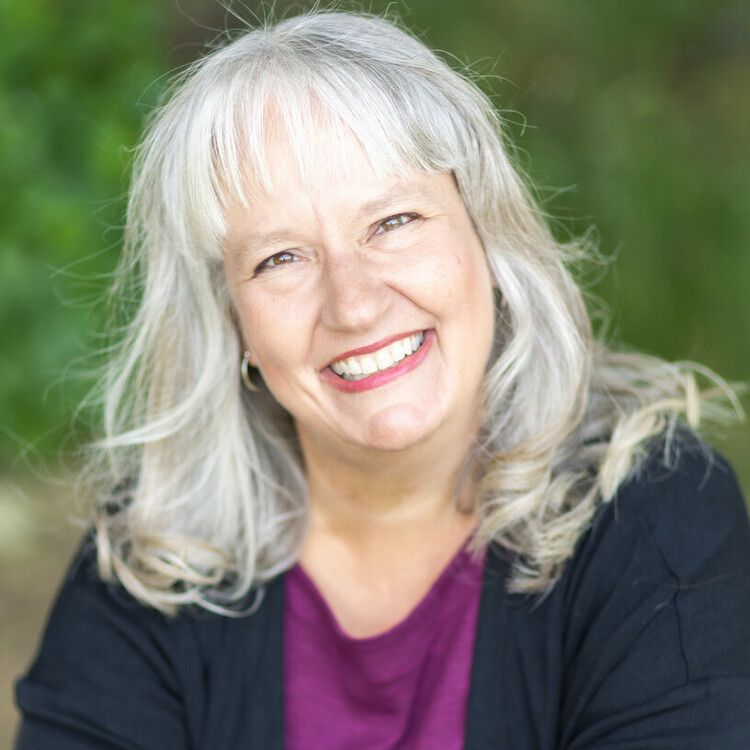
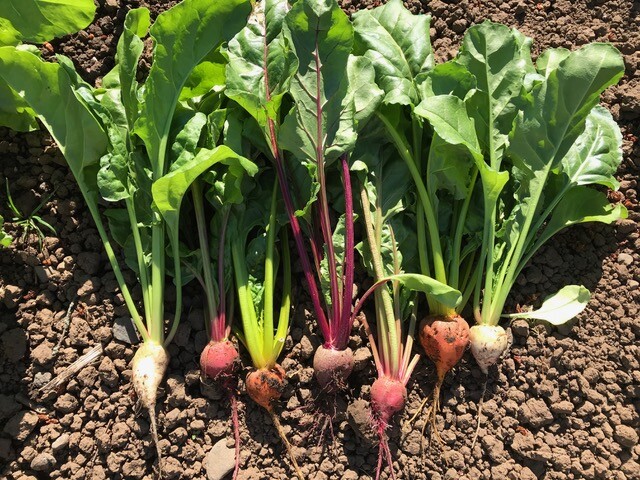
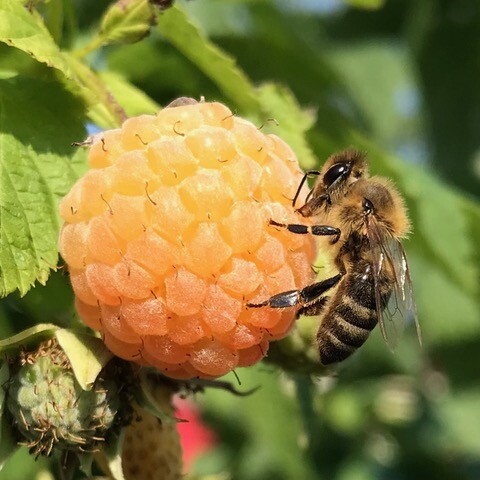
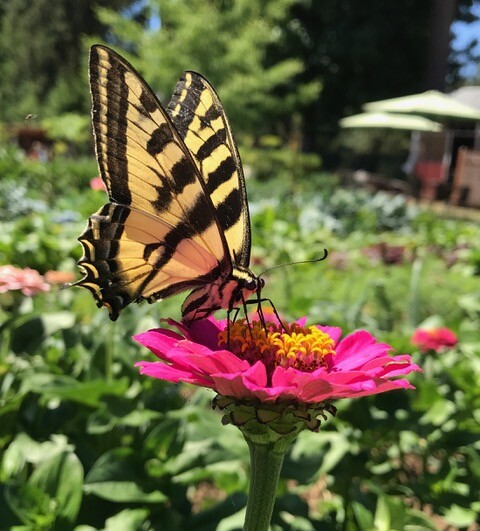
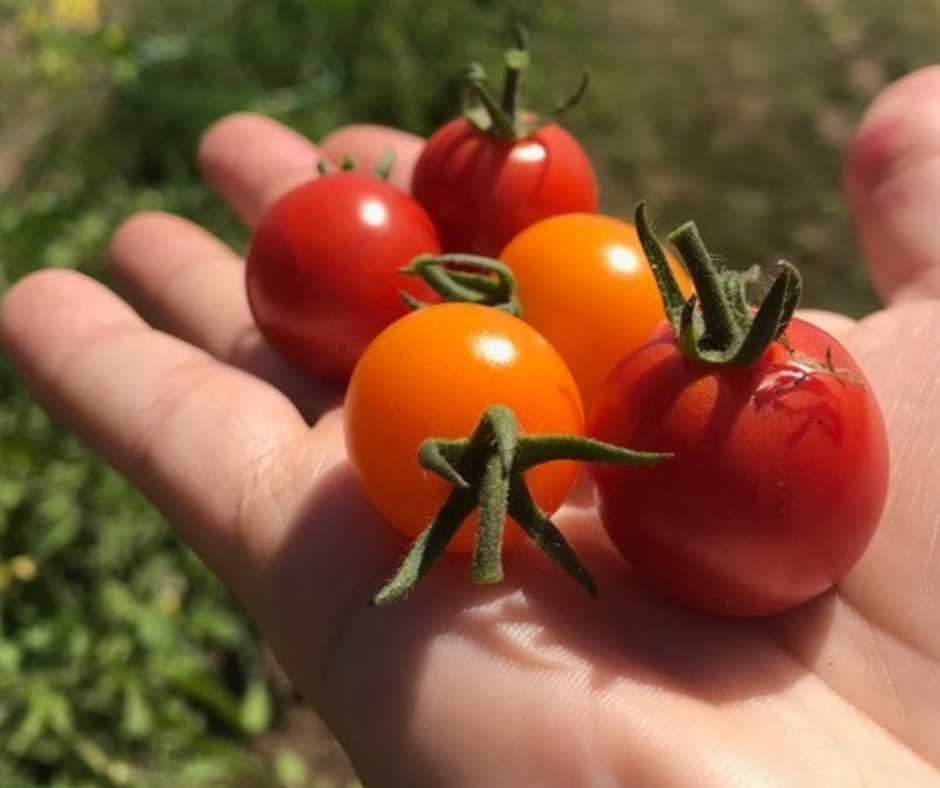
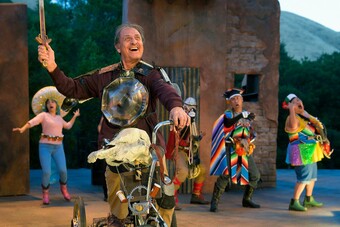



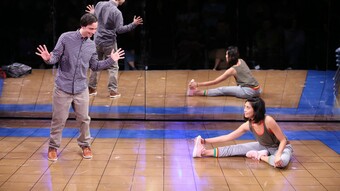


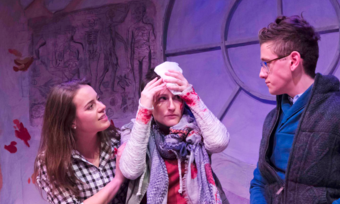


Comments
The article is just the start of the conversation—we want to know what you think about this subject, too! HowlRound is a space for knowledge-sharing, and we welcome spirited, thoughtful, and on-topic dialogue. Find our full comments policy here
Really lovely piece. I also find the rhythm of the farm and garden so closely linked to the creation of plays and theatre. (I hope that our paths will finally cross in person sometime soon, now that you're doing some teaching in New England.)
Oh what a gift this article is! It felt like I could take a big deep inhale with the reminder that "writing is a way of life" and I love the idea of The Sharing Table in terms of writing and asking ourselves how we show up to the table and what we bring to share. Thank you E.M. for this "food for thought."
Thank you so much for your kind words about the essay, Natalie! Glad to be sharing back and forth with YOU!